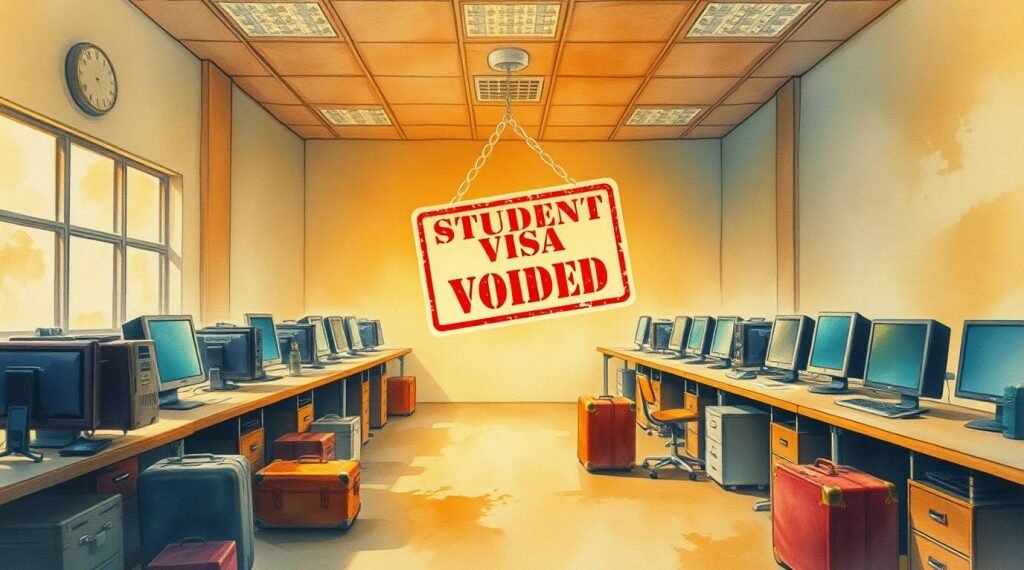On Wednesday, Secretary of State Marco Rubio announced the U.S. plans to “aggressively revoke” visas for Chinese students, particularly those in critical fields or linked to the Chinese Communist Party. Experts warn that this move, alongside the Trump administration’s broader restrictions, could drain vital STEM skills from American labs, negatively affecting advanced research in areas like artificial intelligence.
Helen Toner from Georgetown’s Center for Security and Emerging Technology remarked that if the goal were to aid China in outpacing the U.S. in AI, then restricting talent flow into the country would be the first step. Although the U.S. has only a quarter of China’s population, it has historically attracted top-tier global talent, a trend she believes is being jeopardized.
While some Trump supporters, like Elon Musk, emphasize the importance of international engineers for maintaining U.S. technological dominance, others within the administration, including Stephen Miller, advocate for significantly reducing immigration regardless of the consequences. Zilin Ma, a Harvard PhD candidate, humorously highlighted the irony of the White House’s focus on AI while simultaneously pushing talented researchers out.
Rubio’s announcement, however, came after a State Department directive halted visa interviews for all international students– and not just Chinese students, thus broadening the scope of the xenophobia from China to the world, saying it was to allow for “potential enhancements” in its social media vetting. Although the State Department did not elaborate on student visa policy changes or what those enhancements were.
The restrictions on student visas could drastically impact computer science in the U.S., as noted by experts like Rebecca Willett and Mehran Sahami. They argue that these limitations threaten to undermine vital talent pipelines. Many foreign STEM graduates wish to stay after completing their studies, with a significant number contributing to the innovation landscape in American universities and tech startups. Elon Musk is one such example of a foreign student who remained in the U.S. after his student visa expired.
The ainewsarticles.com article you just read is a brief synopsis; the original article can be found here: Read the Full Article…



